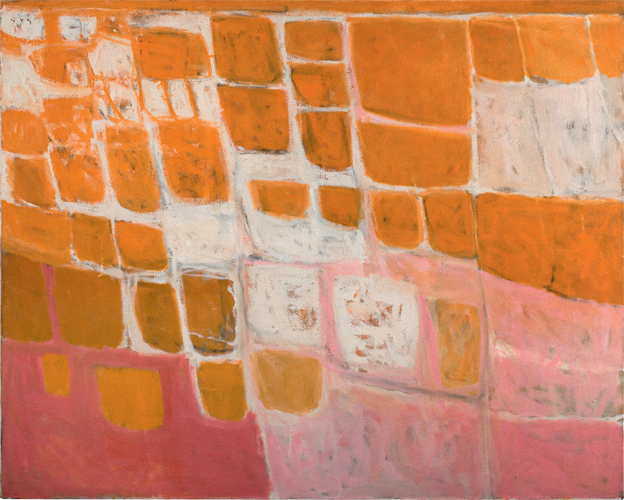
4 June 2008
Artists seek royalties for 70 years from grave
Frances Gibb, Legal Editor
For the family of the British abstract artist William Scott, the right to royalties could raise as much as £50,000 a year
For the family of the British abstract expressionist artist William Scott, the right to royalties could raise as much as £50,000 a year — a crucial boost to the Alzheimer’s work they support.
Robert Scott, the artist’s son, has set up the William Scott Foundation in London, which needs funds to house his late father’s archive, produce a catalogue raisonn? of Scott’s works and mount a retrospective exhibition.
“We also spend a great deal of time authenticating paintings for auction houses and art galleries, art market professionals and individuals — and detecting fakes.” Crucially the foundation also sponsors two stem-cell research projects with the Alzheimer’s Society (Scott died of the disease) and donates all fees and reproduction rights to the society.
Mr Scott said: “My father had Alzheimer’s for the final eight years of his life while my mother was in a wheelchair for seventeen years. They had very little income and had to be supported by me and my brother.
“During this time I made sacrifices and I feel it is only proper that we should now be able to benefit from our inheritance. I know of other artists’ estates in a similar situation.”
But it would not be for personal gain. To have the resale right on his father’s works would make an “enormous difference” to the work of the foundation and to its support for stem-cell research — while having a minimal impact on the art market because of the cap of 12,500 Euros payable per sale.
The paintings of Scott, who lived from 1913 to 1989, are in public and commercial galleries worldwide, including 48 works in the Tate Collection. Born in Greenock, near Glasgow, he represented Britain at the Venice Biennale in 1958 and had a retrospective at the Tate in 1972. “I felt it wrong that when the Government previously consulted on the artists’ resale right in 2005, it approached more than 300 organisations, including the British Beer and Pub Association and the British Horse Racing Board — to name but a few — but directly left out artists and their estates.”
Now, he said, he was angry that the Government wished to delay full implementation further — at least until 2012.
“The auction houses in recent years have reported record profits. Without the contribution of artists over past years, galleries and auction houses would be out of work. So why has so much effort been put in to attempt to exclude the artist who has made their business possible?
“I can only surmise that those resisting the artists’ resale right do so only to increase their own profit- margins at the expense of the artist.”

